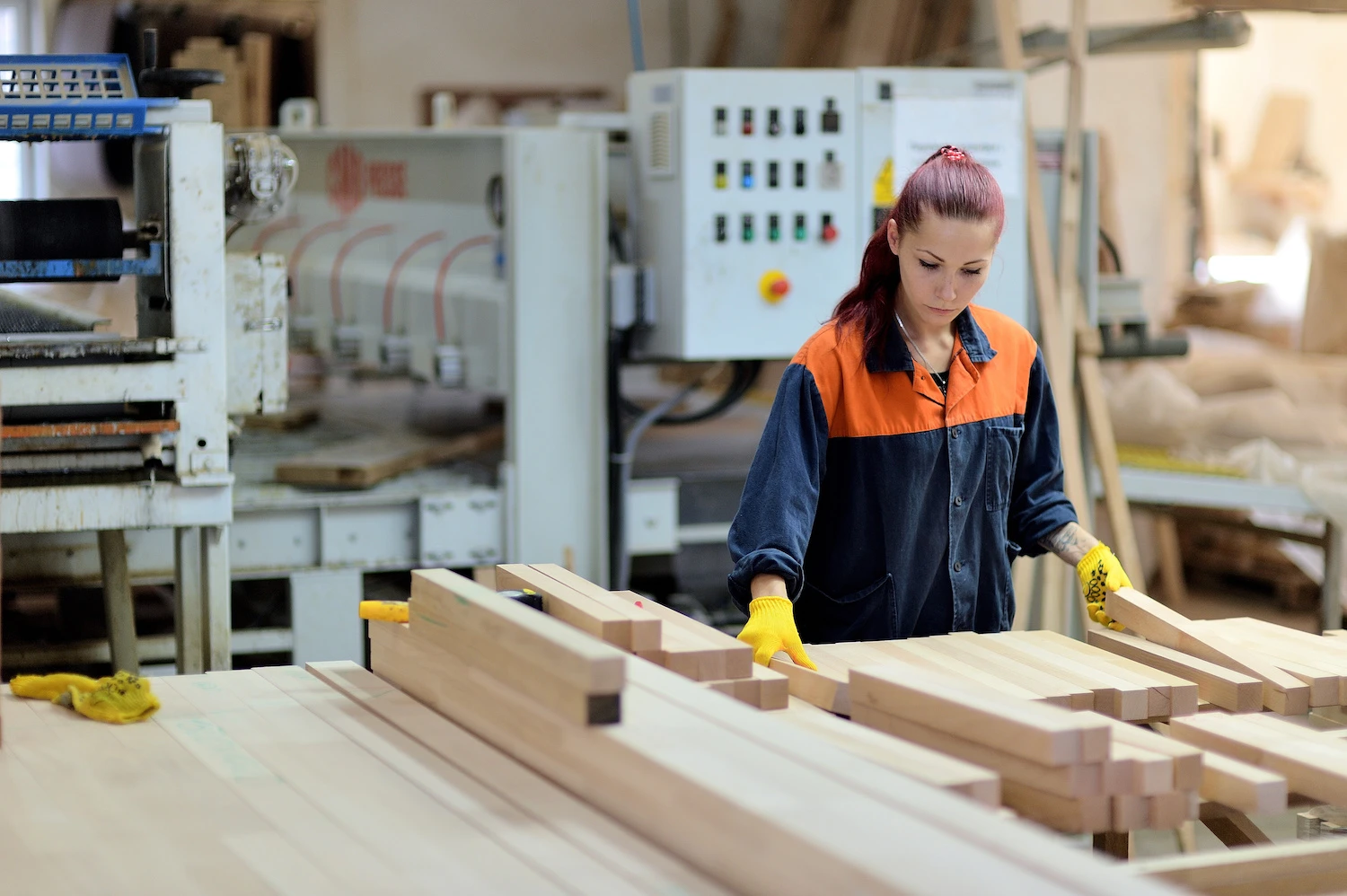Nowadays, this work proceeds faster and more cost-effectively.
The glued panel helps save woodworkers' time, so they can perform a larger amount of work.
For private customers, it gives a chance to feel like a craftsman and make a table or windowsill directly at home.
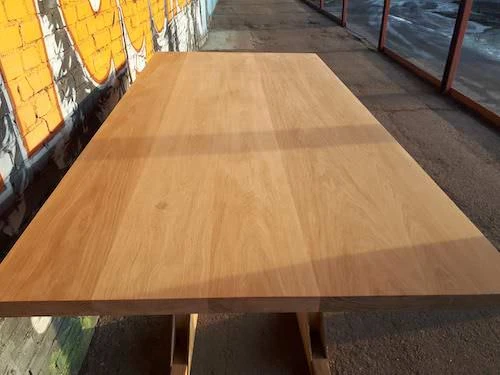
So how is a glued panel created?
The material starts its journey in the tree trunk at the felling site.
After felling, the wood goes to the sawmill.
Here the wood is sawn into thick boards.
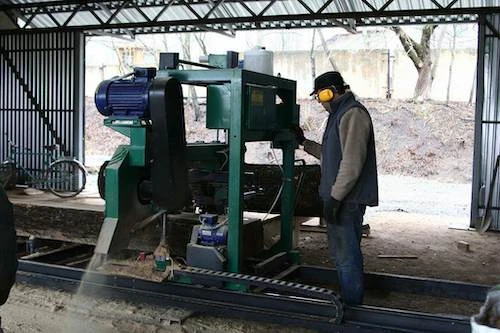
The further process varies depending on the methodology adopted by a specific company. We will outline the most widespread process.
The board is peeled off the bark and then the board is shaped into the maximum allowable fragments.
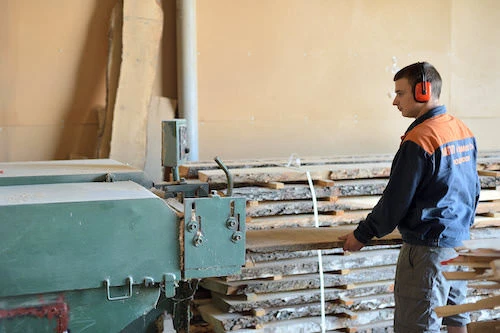
At this stage begins the process of optimization of the material. In the enterprise ensure that to the greatest amount of useful material.
Next, the resulting Board is dried in a drying chamber to a moisture content of 8-12%
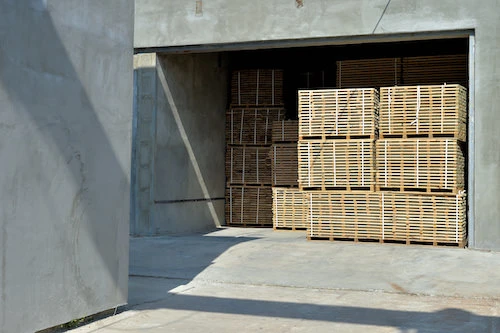
This stage includes the material optimization. The factory makes sure to get the maximum amount of useful material.
Next, the boards are dried in the drying chamber until the humidity level reaches 8-12%.
Types of Lamellas
Let's divide the lamellas into two parts, namely, long and short lamellas. The long (> 800 mm) are used in edge glued wood panels. The shortones(<800 mm) are used in the fingerjoint wood panels.
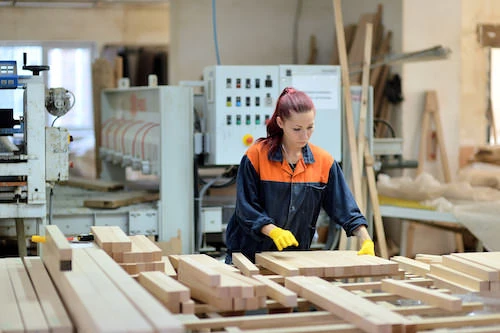
The lamella width is another important parameter. The width of the lamella determines the cost of the glued panel. The wider the lamella is, the more difficult it is to produce, which makes it more expensive.
The resulting panel can be divided into three types:
1) Narrow lamella panle. The minimum lamella width is 20 mm. Although beautiful in its own way, it lacks the wood grain, making it less valuable. Narrow lamellas are used only in the spliced board.
2) Standard lamella panel. The standard lamella width is 40-50 mm. This width makes it possible to obtain a representative texture and a harmonic pattern.
3) Wide lamella panel. The lamella width in such a panel starts from 70, 90 mm. This material creates a solid wood effect. It is the most expensive type of glued panel.
These lamellas are glued to each other.
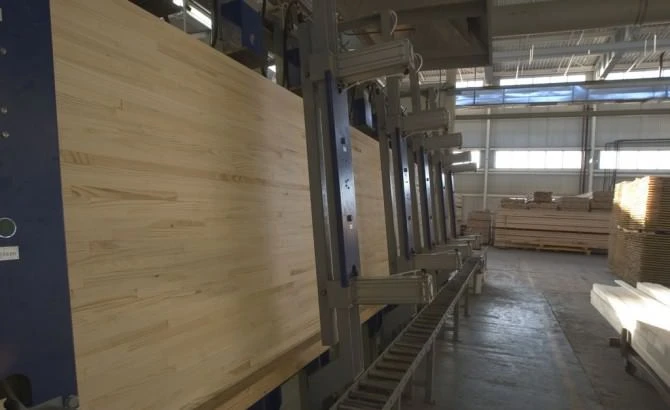
To give the panel a finished look, the board is sanded to a smooth surface at the factory, and then cut to the desired size.
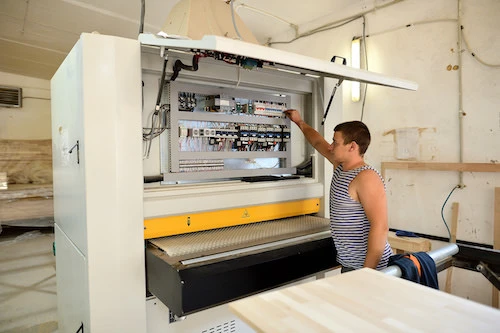
This is how a glued panel is created.

